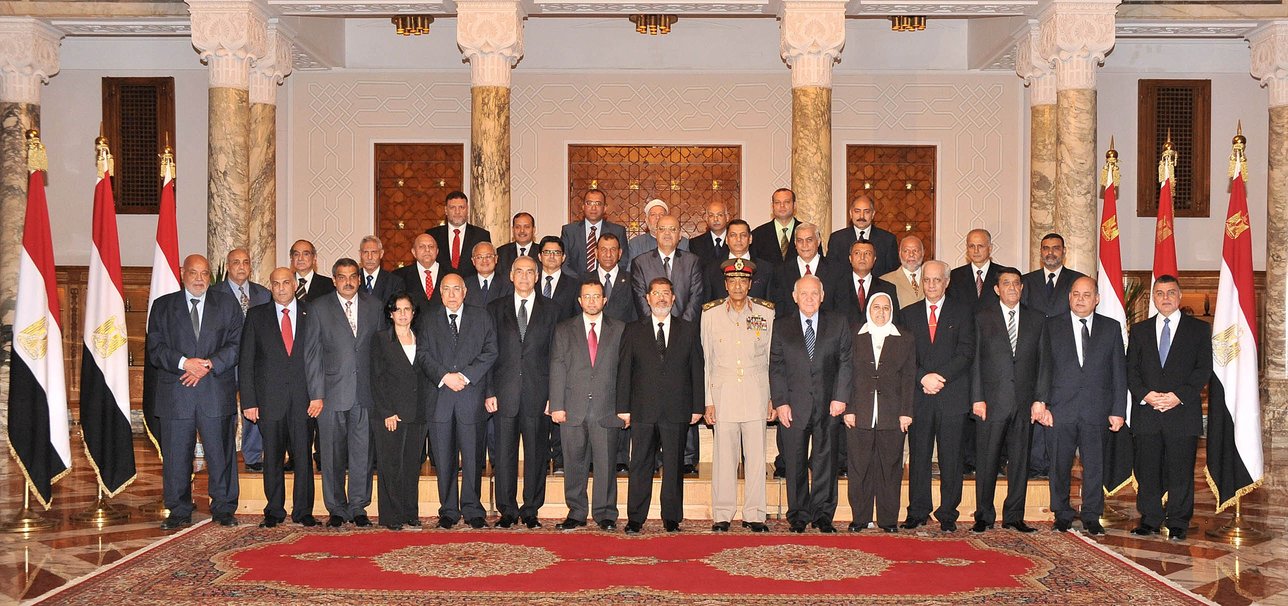
(Photo by Sara Aggour)
Negotiations with Emirati investors over the new Cairo Capital project are facing major difficulties, Assistant Minister of Housing Khaled Abbas said Sunday.
However, he confirmed that Egypt will be responsible for the project if negotiations fail. “Whether negotiations with the Emirati investors succeed or fail, the project will be implemented,” he said.
Abbas told Daily News Egypt, during the Real Estate Development Conference, that Egypt is in dire need of establishing an administrative centre to ease the burden on the old capital. Khedival Cairo can then be turned into a cultural capital.
During the Economic Summit in March, Egypt signed a Memorandum of Understanding (MoU) with the Emirati Capital City Partners. The MoU has not yet been converted to a final contract.
Abbas said the ministry will turn three MoUs, which were initially signed during the summit, into real estate projects within one month. The three MoUs are among six MoUs in total, three of which were recently converted to contracts, with investments amounting to approximately EGP 100bn and revenues of 35%.
Abbas continued, saying that the ministry has an ambitious plan that started in 2011 and was suspended in 2013, to be resumed in 2014. The plan consists of the axes, the first of which involves housing units targeting individuals with limited income. A total of 250,000 housing units for citizens with limited income will be completed by the end of December 2015.
He also said the UAE has agreed with the Egyptian government to establish 50,000 housing units. The Ministry of Housing also completed 67,000 housing units recently, according to Abbas.
He pointed out that the government contracted with an Italian consultant with regards to the Golden Triangle Project (Qena, Safaga, and Al-Qusayr) to settle its general plan. However, there was no deadline to complete the general plan, and they are contracting with an international consultant to develop the north-western coast.
He added that huge public real estate projects do not only include real estate development, but also agricultural and housing developments as well, a step towards creating integrated communities outside residential blocs.
He added that partnership with the private sector is a great development, as it allows for the implementation of projects rapidly and eases the burden off the state’s budget, where investor’s financial solvency is also being studied.


